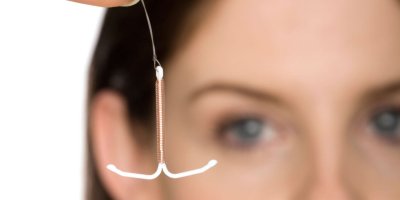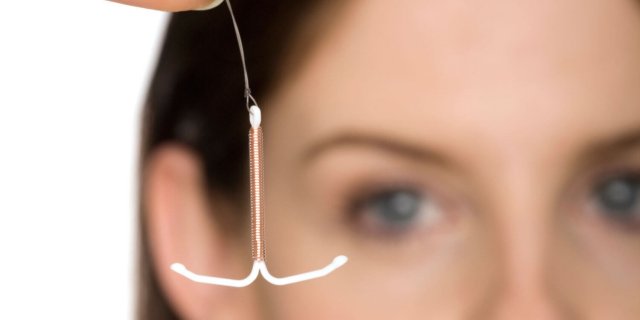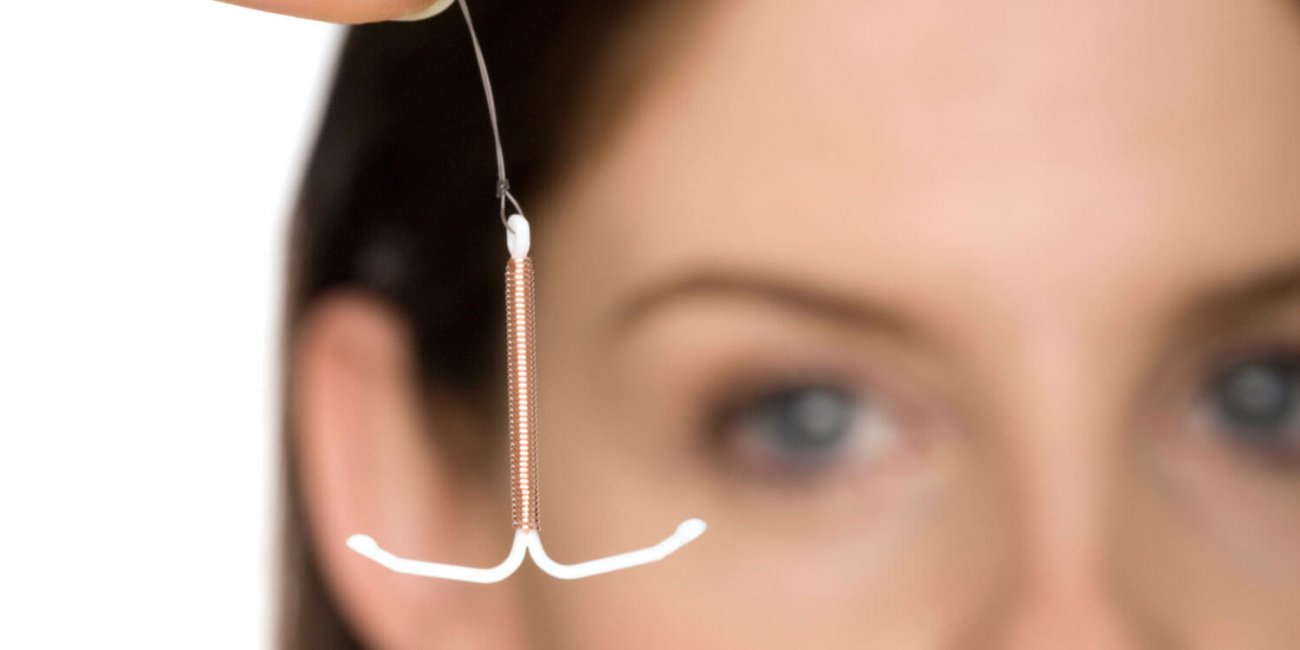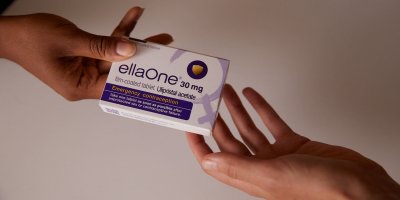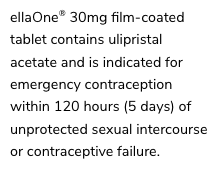Everything you need to know about emergency contraception and the morning after pill
Everyone knows that if you are having sex and not planning on getting pregnant, you need to use contraception. But what happens if something goes wrong with your contraception – a condom breaks, or you forget to take a pill? Or what happens if you forget to use contraception in the heat of the moment?
Don’t panic. Whatever the circumstances, if you’ve had unprotected sex and you don’t want to become pregnant, you should consider emergency contraception.
We’re here to answer all your questions about emergency contraception: what is the morning after pill, how does emergency contraception work and when to take it. If you have a question you don’t see an answer to, try our FAQs.
What are the different types of emergency contraception?
Emergency contraception is the name given to methods of contraception that can be effective at preventing a pregnancy after unprotected sex.
There are two methods of emergency contraception: either oral emergency contraceptive pills (a.k.a. the morning after pill ) or the copper intrauterine device (a.k.a. the copper coil). The copper coil is considered to be the most effective method of emergency contraception.
If you aren’t sure which emergency contraceptive is right for you, you should be able to talk through your options with a pharmacist, GP, or sexual health nurse. Remember, all of these healthcare professionals are here to help you make an informed decision that makes you feel comfortable and confident.
Where can I get emergency contraception?
You can arrange to have the copper coil fitted through your GP or sexual health service. You should arrange an appointment as soon as possible, as the copper coil will only be effective emergency contraception if inserted up to 5 days (120 hours) after unprotected sex.
You can get the morning after pill without a prescription at most pharmacies nationwide and free to Medical Card holders.
How does the copper intrauterine device (IUD) work?
The copper coil is a long-acting reversible contraceptive (LARC) that can also be used for emergency contraception. The IUD is inserted into the uterus by a doctor or nurse, and releases copper into the womb which alters the cervical mucus, making it difficult for sperm to reach an egg, and can make it difficult for an egg to implant. Once inserted, the copper coil can protect against pregnancy for 5-10 years, depending on the type.
The copper coil can be used as an emergency contraceptive if inserted up to 5 days after unprotected sex. Don’t forget that the copper coil will only protect against pregnancy and not against STIs, so you should still use condoms if sleeping with a new partner.
How does the morning after pill work?
The morning after pill works by preventing or delaying ovulation (egg release). This means that after unprotected sex, all the sperm find they have no egg to fertilise and nowhere to go.
Do you want to learn more about ellaOne®? Read our guide All you need to know about taking ellaOne®.
How effective is the morning after pill?
There are two types of morning after pill: those containing levonorgestrel, and ellaOne®, which contains ulipristal acetate (active ingredient present in ellaOne).
No other morning after pill is more effective than ellaOne®. ellaOne® can be effective for up to 120 hours (5 days) after unprotected sex, whereas levonorgestrel can be taken up to 72 hours afterwards – but both pills are more effective the sooner you take them. You should take the morning after pill as soon as possible after unprotected sex for it to be most effective.
Did you know you can even buy the morning after pill in advance, and keep it in your medicine cabinet in case of emergency? For more information on buying ellaOne®, please continue below.
No contraception is 100% effective, and the morning after pill is no exception. Pharmacist Deborah Evans** says: “this method of emergency contraception works by delaying ovulation, so if an egg has already been released close to the time of unprotected sex, then you could still get pregnant.”
Where can I get the morning after pill?
You can buy the morning after pill over the counter in most pharmacies without a prescription and free to Medical card holders. The pharmacist will just ask you a few questions to check that the medicine is suitable for you.
Deborah Evans says, “My role is to help the customer to make an informed choice. I want them to make their decision based on the conversation we have but, as it is a medicine, it is my responsibility to ensure that it’s the right thing for them. It might feel a little embarrassing to answer questions about sex, but the pharmacist is there to help – never to judge.”
Click here to find out more about buying the morning after pill in a pharmacy.
You can also order ellaOne® online from one of our retail partners McCabes or Hickeys, and promptly collect from your chosen pharmacy store.
Alternatively, you can make an appointment with your GP or Sexual Health clinic who will be able to supply you with the morning after pill. Make sure you get an appointment as soon as possible; the morning after pill is most effective when taken within 24 hours after unprotected sex.
What happens when you take the morning after pill?
The morning after pill works by delaying ovulation. By doing this, it means that the sperm have nothing to fertilise so no pregnancy can begin. Unfortunately, if you have already ovulated, then the morning after pill won’t be effective. However, ovulation can be difficult to pinpoint and can vary from month to month.
Some people worry about the side effects of the morning after pill, but most people will only experience mild side effects – if they experience any at all. If there was any reason for the pharmacist to be concerned about you taking the morning after pill (for example, if you were allergic to any of the ingredients) then they would not give it to you.
There are some side effects to watch out for. Deborah Evans says, “A small number of women may be sick (vomit) after taking the morning after pill. If this happens within three hours of taking it, then you will need to take another pill as it may be that not enough of the pill has been absorbed to work. Your pharmacist can help advise you.”
Taking the morning after pill can also affect your next period: making it a few days earlier or later, or lighter or heavier than usual. This is totally normal. However, if your period is more than 7 days late, then you might want to take a pregnancy test.
There is no evidence that ellaOne® has any effect on future fertility and your chance to have children in the future. In fact, fertility generally returns so quickly after taking ellaOne® that we recommend using a condom until your next period, even if you are using another method of contraception like the pill.
Click here to learn more about the morning after pill side effects.
Who can take the morning after pill?
Most people can take the morning after pill without any complications. The consultation you have with the pharmacist will determine whether the morning after pill is suitable for
you. You can use ellaOne®’s suitability checker to see if you are eligible.
If there is a chance you are already pregnant, a healthcare professional will want you to take a pregnancy test to make sure you are not already pregnant, before giving you the morning after pill.
If you are breastfeeding you will have the choice to take the morning after pill, but with ellaOne® you should not breastfeed for one week after taking it. You should instead express your milk and discard it, in order to keep stimulating lactation.
You will not be recommended the morning after pill if you are allergic to any of the ingredients, or if you are taking any medicines that could interact with the emergency contraception pill. If this is the case, you may be recommended to get a copper IUD inserted.
Is the morning after pill the same as an abortion?
No. Absolutely not. The morning after pill is not an abortion pill.
It’s really important that you understand that the morning after pill can not terminate a
pregnancy, it can only prevent one from beginning by delaying ovulation.
If you take oral emergency contraception whilst pregnant, there is no evidence it will have any effect – harmful or otherwise – on the baby.
Will the morning after pill protect me from STIs?
Pregnancy isn’t the only risk when you have unprotected sex. Taking the morning after pill can help to prevent an unplanned pregnancy but it won’t protect you against STIs.
If you have had unprotected sex with someone and you aren’t sure of their sexual health status, you should book yourself in for an STI test at your Sexual Health clinic, or have a home testing kit sent to you. Most STI tests are very non-invasive, they often require a urine sample or a swab from the urethra (for men) or vagina.
It might feel embarrassing heading to get tested, but the professionals at the sexual health clinic aren’t there to judge. They also take your privacy very seriously, so you can choose how you want them to contact you, and you don’t even have to give them your real name if you don’t feel comfortable doing so.
We all know that safe sex is great sex, but for when things go wrong it’s really important to have a back up that can help prevent an unplanned pregnancy. The more you know about emergency contraception, the more confident you can feel if you find yourself in a situation where you choose to take it.
We believe that taking the morning after pill should be free of confusion, judgement and panic: and the best way to do that is by making sure you’re clued up about emergency contraception.
Have more questions about the morning after pill? Try our FAQs.
**Deborah Evans does not endorse any medicinal brands or products.


